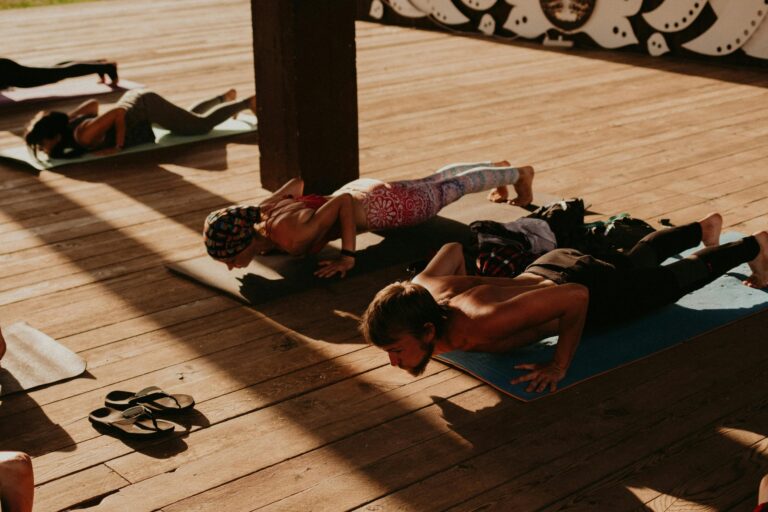How to Manage Menopause Symptoms Naturally
Ah, menopause. That phase of life that seems to arrive uninvited, doesn’t it? One minute you’re living your best life, and the next, you’re battling hot flashes and mood swings like a pro. But fear not! With a little guidance, you can navigate these changes gracefully and naturally. Let’s explore some effective strategies to manage those pesky menopause symptoms, shall we?
Understanding Menopause
Before we dive into the solutions, it’s important to understand what’s happening in your body. Menopause typically occurs between the ages of 45 and 55, marking the end of your menstrual cycles. Hormonal fluctuations, particularly a decline in estrogen, can lead to a variety of symptoms. You might experience everything from hot flashes and night sweats to mood changes and sleep disturbances. Sounds fun, right? But don’t worry; there are natural ways to ease these symptoms.
Dietary Changes: Fuel Your Body Right
First up, let’s talk about food. You know the saying, “You are what you eat”? Well, during menopause, this couldn’t be more true. Here are some dietary tips to keep in mind:
- Phytoestrogens: These natural compounds mimic estrogen and can be found in foods like soy, flaxseeds, and lentils. Incorporating these into your diet might help balance your hormones.
- Calcium and Vitamin D: As your estrogen levels drop, your bones may become more vulnerable. Foods rich in calcium (like dairy, leafy greens, and sardines) and Vitamin D (think fatty fish and fortified cereals) are crucial.
- Hydration: Hot flashes can lead to dehydration. Keep that water bottle handy! Herbal teas can also be soothing.
- Limit Sugar and Caffeine: While that afternoon coffee might be tempting, caffeine can exacerbate hot flashes. Try to cut back and see how your body responds.
Exercise: Move That Body!
Next, let’s get moving! Regular physical activity is not just good for the body; it’s a fantastic mood booster too. Think of it as a natural antidepressant. Aim for a mix of:
- Aerobic Exercise: Activities like walking, swimming, or cycling can help reduce hot flashes and improve heart health.
- Strength Training: Lifting weights or doing resistance exercises can help maintain bone density and muscle mass.
- Yoga and Stretching: These practices can relieve stress and improve flexibility, making them great for emotional and physical well-being.
Mindfulness and Relaxation Techniques
Now, let’s talk about the mental side of things. Stress can make menopause symptoms worse, so finding ways to unwind is key. Here are a few techniques to consider:
- Meditation: Just a few minutes of deep breathing or meditation each day can help center your mind and reduce anxiety.
- Journaling: Writing down your thoughts can be therapeutic. Plus, it’s a great way to track your symptoms and triggers!
- Social Connections: Don’t underestimate the power of a good chat with friends or family. Share your experiences; you’d be surprised how many people relate.
Herbal Remedies: Nature’s Support
Many women turn to herbal remedies for relief. While it’s essential to consult with a healthcare provider before starting any new supplement, here are some popular options:
- Black Cohosh: Often used to help alleviate hot flashes and night sweats.
- Red Clover: Contains phytoestrogens and may help with mood swings and hot flashes.
- Evening Primrose Oil: Some find it beneficial for breast tenderness and mood changes.
Listen to Your Body
Every woman’s experience with menopause is unique. What works for one person may not work for another. So, pay attention to your body. Keep a journal, note what helps, and what doesn’t. Embrace this journey; it’s part of your story. And remember, it’s okay to seek help if you need it. Whether it’s a healthcare professional or a supportive friend, you’re not alone in this!
So there you have it! Navigating menopause can feel overwhelming, but with the right tools and mindset, you can manage those symptoms naturally. Embrace the changes, take care of yourself, and remember that this phase, like all phases, will eventually pass. You’ve got this!
